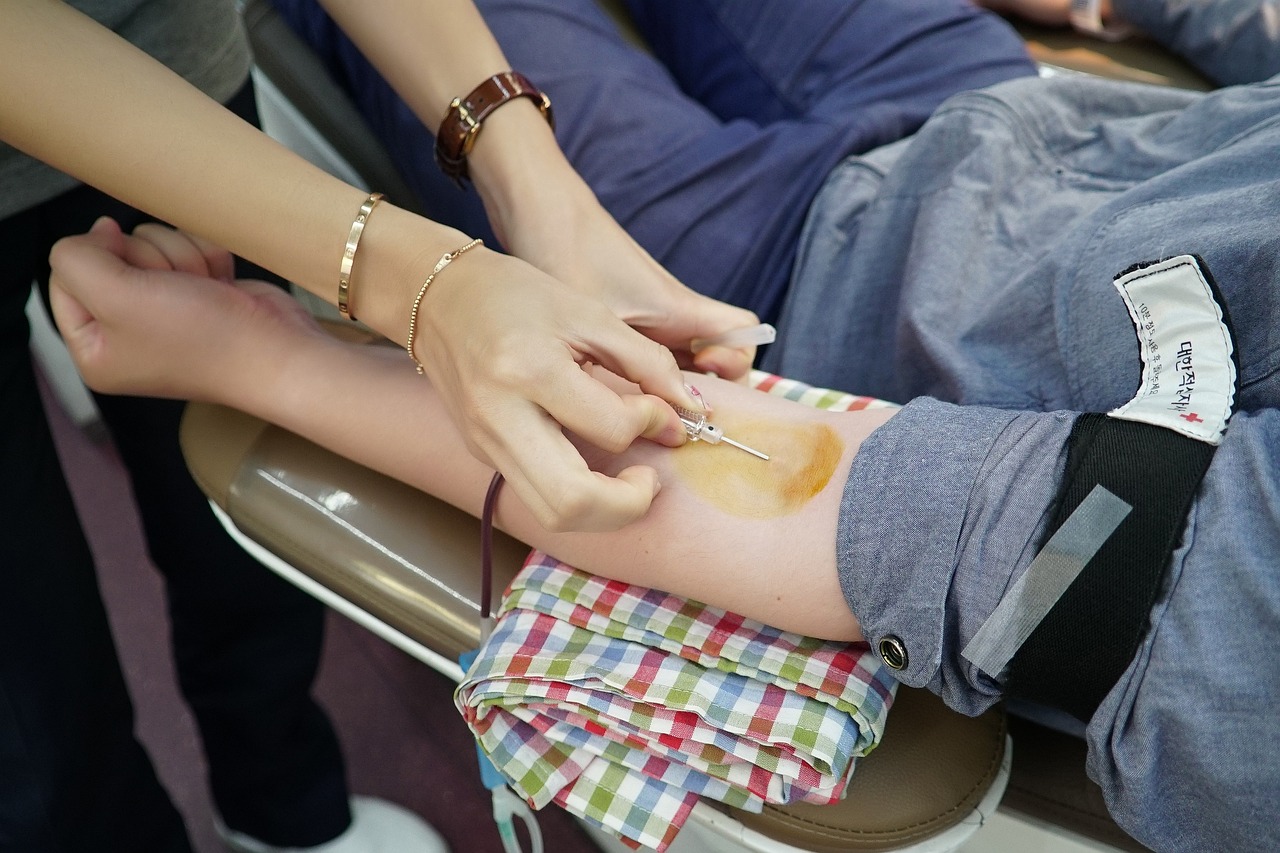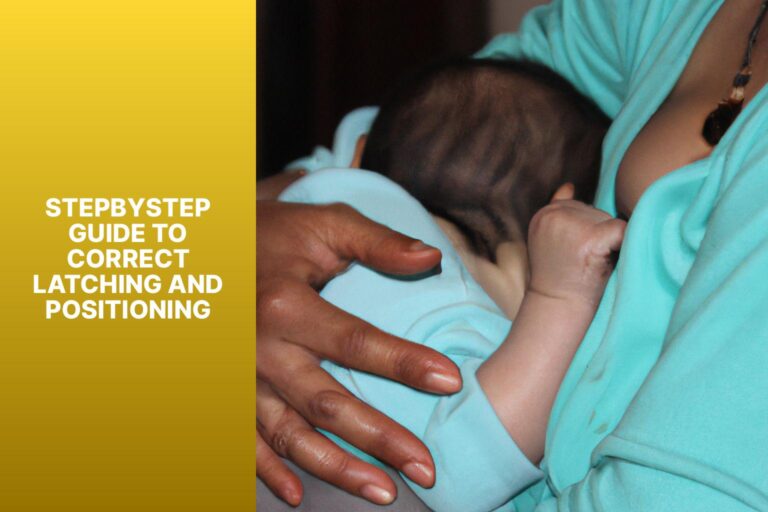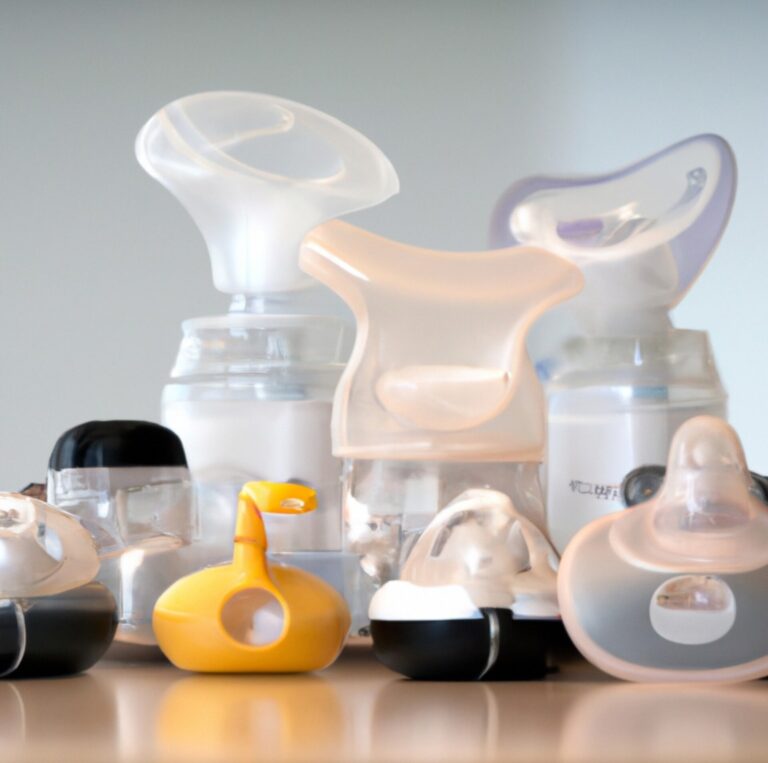What Can I Take For Diarrhea While Breastfeeding
You just finished having lunch when you felt like your stomach was churning badly. You went number 2 and felt fine for a short time. However, the pain returned, and you found yourself going back more than once to your toilet. What gives?
Diarrhea is a common condition that can affect any person. While there are a lot of symptoms associated with diarrhea, having frequent trips to the bathroom and loose watery stool are the ones that stand out the most.
Acute diarrhea will only last 1 to 2 days and won’t need any medical interventions. Meanwhile, chronic diarrhea might be a sign of an underlying illness.
So what options do nursing moms have when they have diarrhea? And more importantly, are these options safe for the babies?
Skip To The Following Sections
- What are the Symptoms of Causes of Diarrhea?
- When Do I Need to See a Doctor?
- What Can I Take for Diarrhea While Breastfeeding?
- Home Remedies for Severe Diarrhea
- Coping with Diarrhea while Breastfeeding
- Maintaining Nutritional Balance during Maternal Diarrhea
- Navigating Diarrhea during Travel for Breastfeeding Moms
- Influence of Maternal Diarrhea on Breast Milk Production
- Understanding Gastrointestinal Issues in Nursing Mothers
- Conclusion
What are the Symptoms of Causes of Diarrhea?
Other symptoms come with diarrhea, such as abdominal cramps, bloating, dizziness, and vomiting. Some cases of diarrhea are mild, only last a day, and won’t have many symptoms. However, diarrhea accompanied by other symptoms is a sign of an ailment.
Bacteria and parasites are a common cause of diarrhea. They can be in your food, water, and your surroundings. Certain viruses can also bring illnesses that have diarrhea as a symptom.
Food can also cause diarrhea. People who are lactose intolerant have difficulty digesting lactose, which causes diarrhea. Sugary products are also linked to causing diarrhea. Medicines, surgeries, and digestive disorders can also give a person diarrhea.
You can prevent diarrhea by regularly washing your hands and keeping your surroundings clear. You should also watch out for what you eat, especially if you’re dining somewhere unfamiliar.
When Do I Need to See a Doctor?
Usually, there is no reason to panic if you have diarrhea. However, if your diarrhea goes beyond 2 days, then it’s time to take a trip to the clinic. You might also want to go see your doctor if you have one or more of the following:
- Dehydration
- Severe abdominal and rectal pain
- Stool containing blood or pus
- Black and tarry stool
- Fever above 102 degrees F (39 degrees C)
Dehydration also comes with its fair share of symptoms. Dehydration can be life-threatening if left unchecked. Excessive thirst, dry mouth, dry skin, fatigue, and dark urine are things you should watch out for.
What Can I Take for Diarrhea While Breastfeeding?
If your diarrhea is a symptom of a severe illness, your doctor will prescribe you medication. Otherwise, you won’t need to take any medicine. However, you can take over-the-counter treatments to make your symptoms more tolerable.
There are two types of meds to choose from if you have diarrhea. Loperamide slows digestion in the intestine and helps rehydrate the body. Whereas Pepto-Bismol balances fluid movement in the guts.
Loperamide is a widely-used solution for diarrhea, and for nursing moms, it is the safer option. Only a minuscule amount of Loperamide will find its way into your breastmilk.
The same can’t be said with Pepto-Bismol. Pepto-Bismol contains bismuth subsalicylate, a type of salicylate. Research on whether Pepto-Bismol does enter a mother’s breastmilk is limited, but other studies show that salicylate products do. And these products can cause harmful side effects to infants.
It’s wiser to first contact your doctor before drinking either Loperamide or Pepto-Bismol. Your doctor can recommend which medicine to drink and how many doses you need.
Home Remedies for Severe Diarrhea
Acute diarrhea can go away on its own without the need for treatment. Instead, you can just rely on what you have at home. Adjusting your lifestyle can also help you out in fixing your bowel movement. Here are some home remedies for diarrhea:
Don’t Resist Going Number 2
It feels like a chore to get up and use the toilet every time. But don’t hold your stool in! Using the loo allows you to get rid of diarrhea-causing toxins from your body.
Drink Plenty of Fluids
Diarrhea can cause dehydration and loss of electrolytes. Keep a bottle around you at all times and chug down some water to stay quenched. Sports drinks are also helpful in restoring sodium and potassium to your body.
Eat a Low-Fiber Diet
We all heard experts say how good fiber is to our body, but when you have diarrhea, the opposite applies. Low-fiber food does not stimulate the bowels, and your guts will have a better time digesting these products. Some banana, rice, applesauce, and milk
Avoid Food That Can Irritate Your Guts
You should avoid other foods that can irritate your gastrointestinal tract. Alcohol, caffeine, greasy food, and sweets can worsen your diarrhea.
Consider Probiotics
Finally, add some probiotics to your diet. Probiotics can shorten your recovery time from mild diarrhea and help fight off bacteria. You can find probiotics in yogurt and fermented food. Probiotic supplements work just as great too.
Coping with Diarrhea while Breastfeeding
Balancing the demands of breastfeeding with the discomfort of diarrhea can pose unique challenges for new mothers. When faced with loose stools and other symptoms, it’s crucial to prioritize both your well-being and your baby’s health. Signs of dehydration should be closely monitored, as nursing mothers must maintain optimal hydration levels to ensure a steady milk supply. Incorporating clear fluids and electrolyte-rich drinks like sports drinks can aid in replenishing lost fluids and minerals.
During this time, consider adjusting your diet to include low-fiber foods like banana, rice, applesauce, and milk to help soothe your stomach. While seeking medical advice is essential if symptoms persist, many nursing moms can find relief through natural remedies such as introducing probiotics to their diet. These beneficial bacteria not only aid in your recovery from diarrhea but also contribute to maintaining your baby’s well-being. Remember that contacting your healthcare provider can provide personalized guidance on over-the-counter medications and ensure the safety of your breastfeeding journey.
Maintaining Nutritional Balance during Maternal Diarrhea
For breastfeeding mothers facing the discomfort of diarrhea, maintaining a balanced diet becomes paramount to support both personal recovery and the needs of their infant. When dealing with bouts of loose stools, it’s vital to ensure that your fluid intake remains consistent to prevent dehydration and maintain a healthy milk supply. Opt for clear fluids and replenishing drinks such as sports drinks to help replace lost electrolytes.
Incorporating easily digestible low-fiber foods like banana, rice, applesauce, and milk can provide essential nutrients without further agitating the digestive system. Remember, dairy products might exacerbate symptoms for some individuals, so it’s wise to be cautious with their consumption. Prioritize your health by steering clear of foods that can irritate your gastrointestinal tract, such as alcohol, caffeine, greasy foods, and sweets. By focusing on small amounts of nourishing, bland foods, nursing mothers can find a balance between recovery and providing their baby with the necessary nutrition through breast milk.
Embarking on journeys while breastfeeding requires extra consideration, particularly when confronted with the inconvenience of diarrhea. Travel-related challenges can be magnified when accompanied by symptoms like loose stools and abdominal discomfort. To ensure both your well-being and your baby’s health, prioritize hygiene practices, including handwashing, especially before breastfeeding or handling your baby’s items.
While exploring new cuisines, opt for safe food sources and steer clear of items that might trigger gastrointestinal distress, such as dairy products and overly greasy or spicy dishes. Staying hydrated is paramount, particularly if diarrhea persists, and including rehydrating options like oral rehydration solutions and clear fluids can help prevent dehydration. Should symptoms worsen, contacting a local healthcare provider can provide valuable guidance on navigating unfamiliar medical systems and ensuring your baby’s continued well-being during the journey.
Influence of Maternal Diarrhea on Breast Milk Production
Maternal well-being plays a pivotal role in maintaining a healthy breastfeeding journey, and when faced with diarrhea, considerations extend beyond personal comfort. Diarrhea’s influence on hydration levels can potentially impact both the volume and composition of breast milk. Ensuring adequate fluid intake is essential to prevent dehydration and preserve a consistent milk supply for your infant.
Maternal nutrition, often affected during episodes of diarrhea, can impact the quality of breast milk. Introducing probiotics to your diet may aid in recovery from diarrhea and promote beneficial gut bacteria, potentially benefiting both your digestive health and your baby’s well-being. While mild dietary adjustments like opting for low-fiber foods can alleviate discomfort, consulting your healthcare provider for personalized guidance can ensure that your baby continues to receive the best possible nutrition through breast milk during this period.
Understanding Gastrointestinal Issues in Nursing Mothers
Navigating gastrointestinal issues while breastfeeding demands a nuanced understanding of potential challenges, especially when encountering symptoms like diarrhea. Hygiene practices become paramount as contagious agents like bacteria and viruses can be transmitted through contact, emphasizing the importance of handwashing and mindful food handling to safeguard both the nursing mother and her infant.
From common culprits such as food-related causes like lactose intolerance to more complex factors including medical conditions, recognizing the diverse spectrum of diarrhea triggers is crucial. While acute diarrhea might be manageable with home remedies such as consuming low-fiber foods and incorporating probiotics, persistent symptoms or those accompanied by indicators like abdominal pain warrant medical attention. Consulting a healthcare provider can help decipher whether it’s merely a passing stomach upset or a symptom of an underlying issue, ensuring effective management and sustained well-being for both mother and baby.
Conclusion
Diarrhea stinks (figuratively and literally.) It can leave any person feeling tired and bloated. Diarrhea means frequent trips to the bathroom and dumping watery stools.
Diarrhea is caused by many things. You can have diarrhea from the food you ate or the water you drank. But you can also have diarrhea by taking medication.
The best way to prevent diarrhea is to stay hygienic at home and outside. You should also be careful where you buy your food and take medications that are only prescribed by your doctor.
Diarrhea can go away on its own in a day or two. However, chronic diarrhea requires immediate medical attention. You may also want to watch out for symptoms like bloody stools, dehydration, and fever.
In not-so-serious cases of diarrhea, you can easily have treatment at home. Drinking enough water, eating low-fiber food, and avoiding triggering food can do wonders for your gut. And for nursing mothers, Loperamide is a safe medicine that you can take. (But stir away from Pepto-Bismol!)
Diarrhea is a sticky situation nobody wants to be in. But it’s not the end of the world if you end up having one. Just let your diarrhea take its course. Pretty soon, you’ll be back at having Taco Tuesday again!









